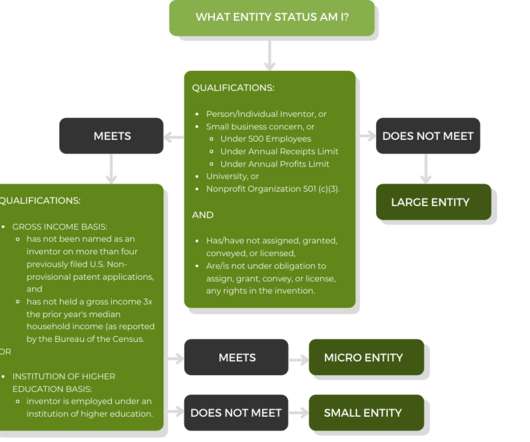Patent Law and the False Claims Act.
Patently-O
SEPTEMBER 6, 2022
Here, the basis of Silbersher claim stem from the prosecution history files of the Allergan patent applications. On appeal, the Federal Circuit concluded that the patent prosecution files stemmed from an administrative hearing and thus qualifies as an “other Federal … hearing.” . § 3730(e)(4)(A) (2010).












Let's personalize your content